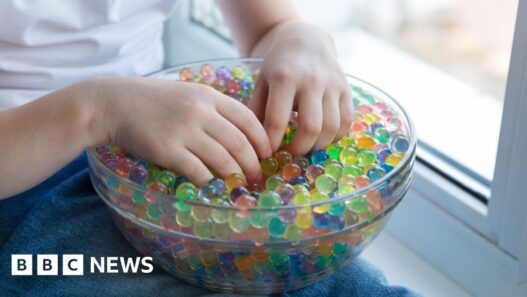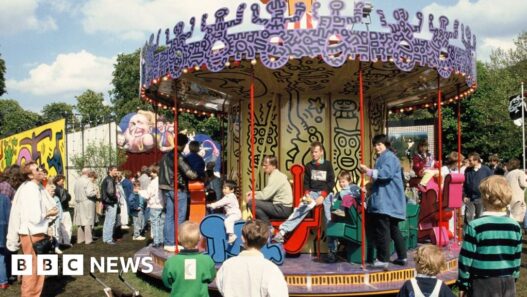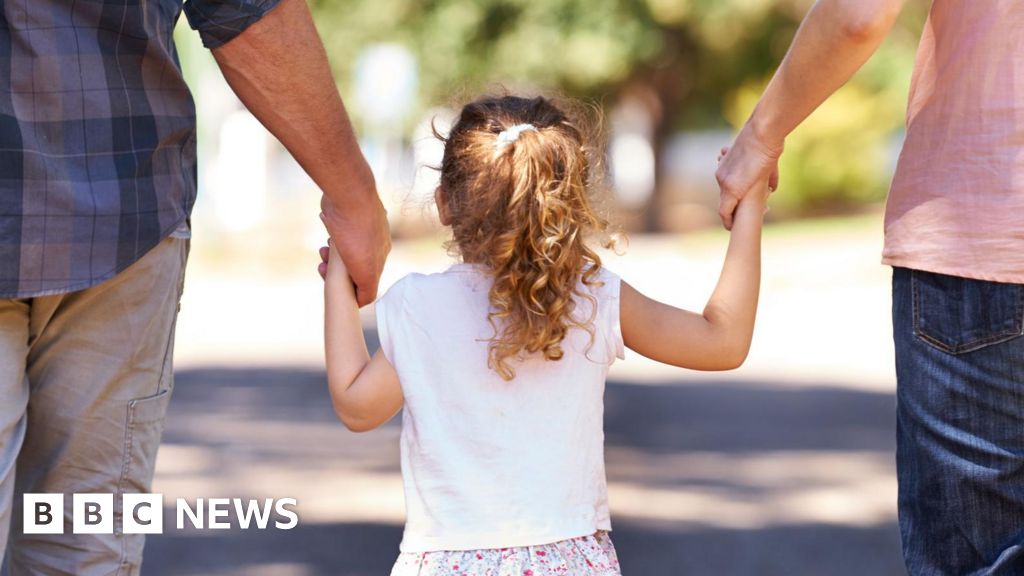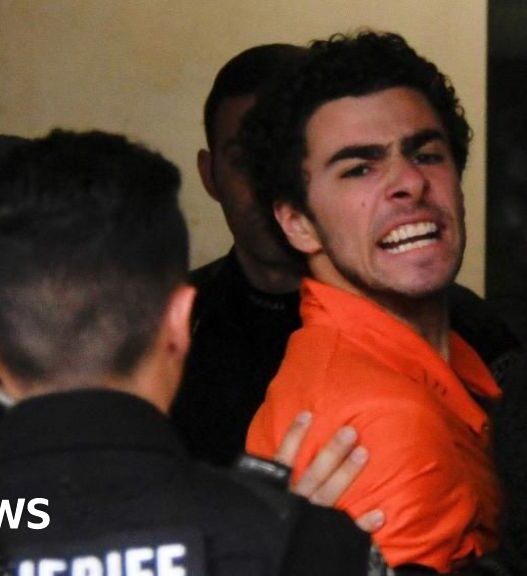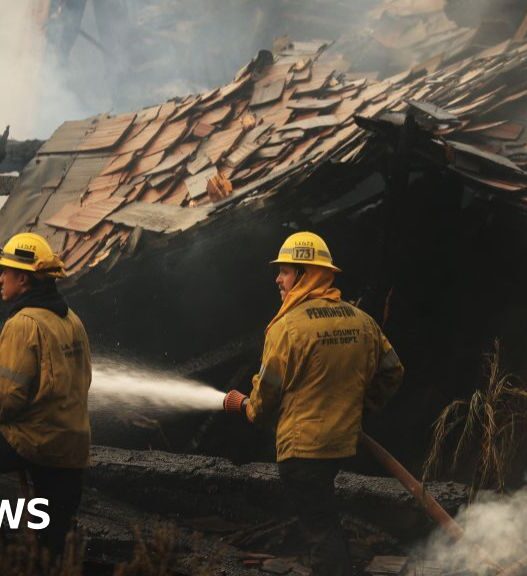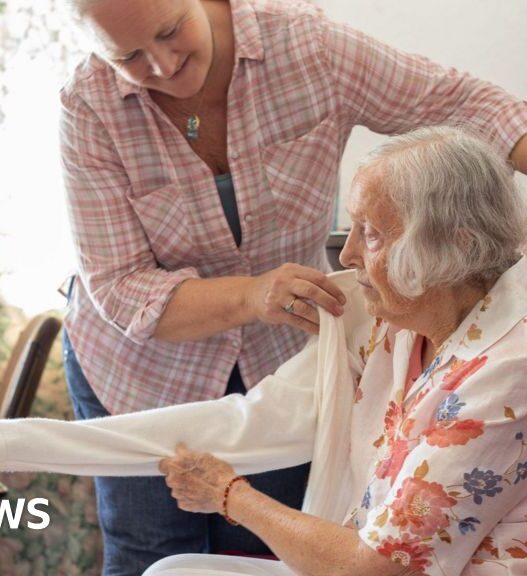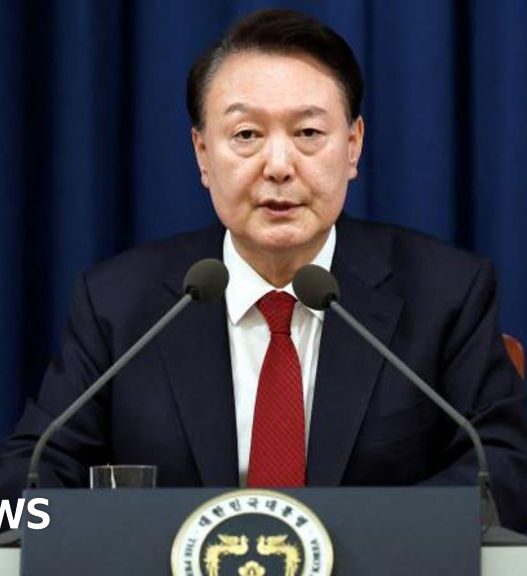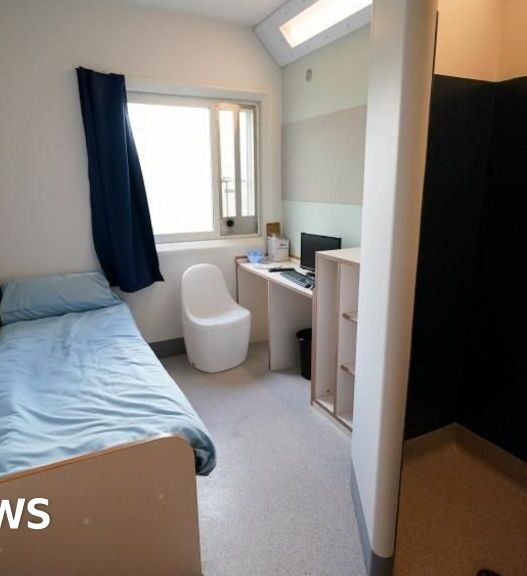Family courts in England and Wales must give more weight to domestic violence claims rather than “parental alienation” claims, according to new guidance.
When parents separate and argue about their children, they turn to family court. In these cases involving children, claims and counterclaims are common.
One parent, usually the mother, may accuse the other parent of abuse. The father may respond that she has manipulated the children against him – which is called parental alienation.
How the court responds can have lifelong consequences for the family, as the judge must decide who the children live with, and how much time they spend with the other parent.
“Despite a lack of research evidence and international condemnation, there is still reference to the discredited concept of ‘parental alienation syndrome,'” says Wednesday’s report from the Family Justice Advisory Council.
This is the idea that children display a distinct pattern of behaviors if they are manipulated by one parent against the other.
The guidance describes this as “harmful pseudoscience.”
She says there are real cases where alienating behaviors “affect” a child’s relationship with the other parent, but they are “relatively rare.”
According to research, more than half of private law cases involving children involve allegations of domestic violence.
It is not known how many cases involve parental alienation, although judges have noted an increase in their cases.
The guidance says that “allegations of domestic violence and ‘parental alienation’ cannot be equated” – noting that domestic violence is a crime.
It is increasingly common for the parent accused of abuse, usually the father, to respond by claiming that the mother has turned the children against them.
These conditions can last for many years, as the relationship between the parents deteriorates and the children are affected.
Some come to court several times.
When there is an allegation of parental alienation, psychologists can intervene, and their evidence is often impressive.
In a case heard by the High Court late last year, Judge Ms Judd presided A case involving parents who separated in 2017.
The mother told the family court that the father had abused her, and obtained a non-molestation order, which are court orders used in urgent cases of assault.
The father had the right to contact the children, and was under supervision at first, but after three years, the father came to court saying that contact between him and the children had been cut off.
Psychologist Melanie Gill has been asked to provide a “global assessment” of the family, which she will deliver in 2022.
She said that the mother unconsciously incited the two high school-age children against their father, which the father took advantage of.
The mother was very worried that she would lose her childrenEven though she won her case, she told the Bureau of Investigative Journalism.
The new guidance says it is “inappropriate” for an expert to determine whether parental alienation has occurred.
She says it is up to the court to decide, and a psychologist may be brought in later to advise on how to deal with the matter.
The Council also says that when a child rejects a parent, this is not enough to determine alienation.
The court must consider whether this refusal is justified, perhaps because of the parents’ behaviour. There must be evidence of tampering.
The Family Justice Council consists largely of senior judges and lawyers. Their guidance has been welcomed by some lawyers and charities.
Lucy Reid KC, founder of the Transparency Project – a charity aiming to explain family law – said it would have a significant impact, making it more difficult to prove “alien behaviour”.
She said this would help courts identify cases where allegations are being used as a judicial tactic, or as a way to silence survivors of domestic violence.
Charlotte Broadman, who has represented many parents accused of parental alienation, said it was a “great step forward”.
The charity Women’s Aid said it was a “positive step in the right direction”.
But she said the guidance should focus more on children, saying it was “concerning” that there was no reference to child sexual abuse.
Sam Murphy of the charity Booth Parents Matter, formerly known as Families Need Parents, said they welcomed the guidance, but added there was a need to recognize that “unsubstantiated allegations of abuse… can be evidence of abuse.” Isolation and a deliberate attempt to harm a child’s parent.” relationship”.


